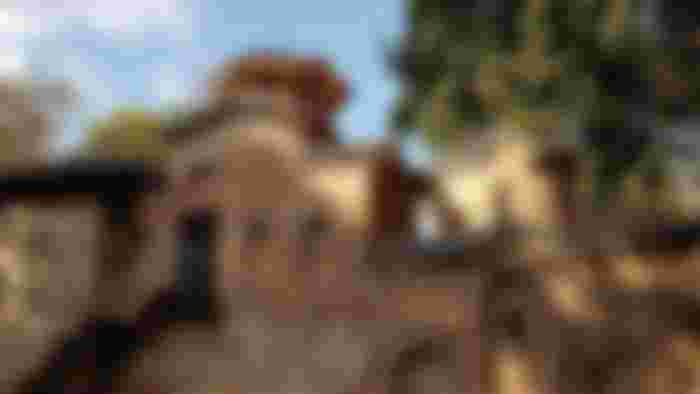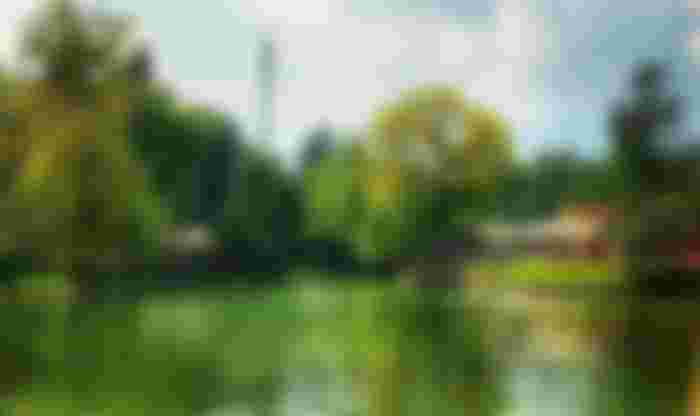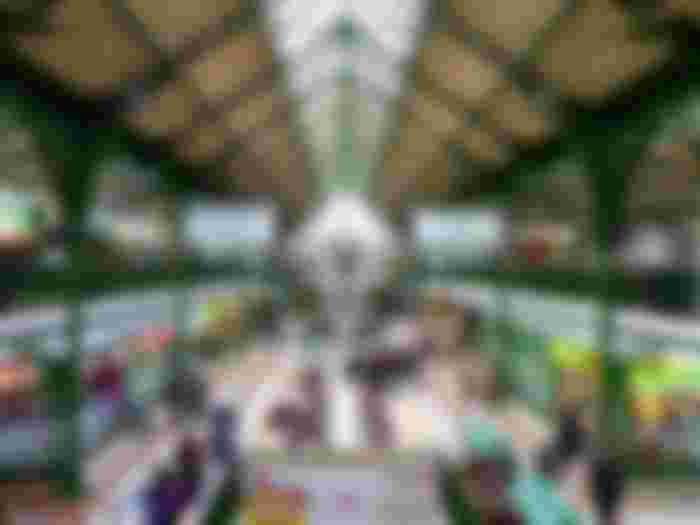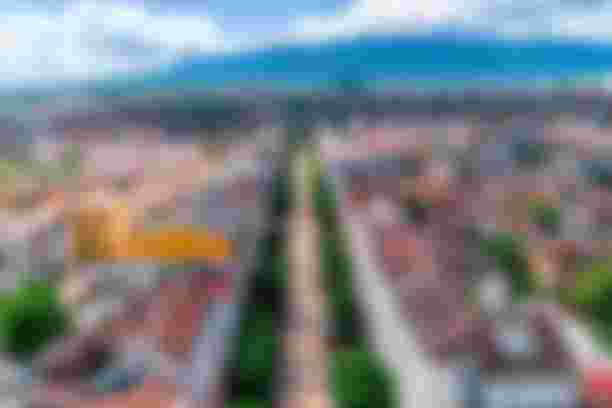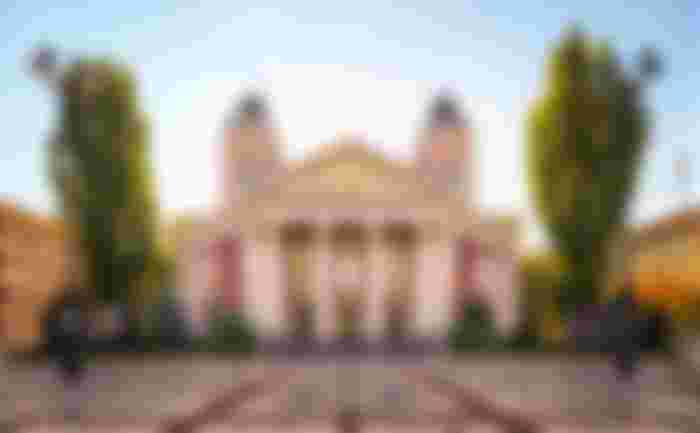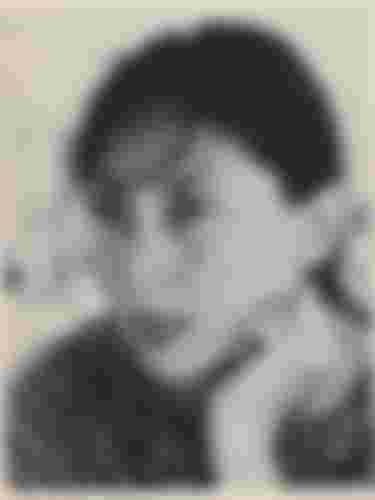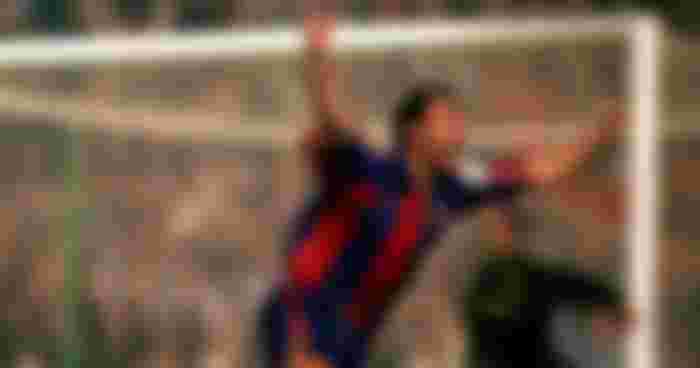Focus on a city : Sofia - Bulgaria
Sofia might be a destination you would like to visit. With this article, you'll be able to enjoy your trip over there.
Also, remember that I'm also writing on Medium and that it is very important for me growing a huge community over here so please go and follow my channel named "Clement Delabruyere".
Short presentation
Sofia, the capital of Bulgaria, is a fascinating city in the western part of the country, nestling at the foot of the Vitocha Mountains. With an area of around 492 square kilometers, Sofia is Bulgaria's largest city. It has a population of over one million, making it the most densely populated city in the country.
Sofia is rich in history and culture, with traces of Roman, Byzantine and Ottoman civilizations leaving their mark. It is home to many historic sites, including the Alexander Nevsky Cathedral, the Boyana Church (a UNESCO World Heritage Site) and the National Palace of Culture.
Sofia is divided into 24 districts, each with its own charm and character. The city center is vibrant, with shopping streets, restaurants, theaters and museums. The city is also an important economic, political and cultural center in Bulgaria, home to the seat of government, numerous government institutions and international companies.
Geopolitically, Sofia occupies a strategic position as the capital of a member state of the European Union and NATO, making it a key player in international relations in the Balkan region. It has important political and economic links with its neighbors, including Greece, Romania, Serbia and Turkey.
The city also offers a lively nightlife, with numerous bars, clubs and restaurants to entertain locals and visitors alike. In addition, Sofia boasts an exceptional natural environment, with the Vitocha Mountains offering hiking and skiing opportunities in winter.
In short, Sofia is a dynamic, cosmopolitan city, harmoniously blending its rich historical heritage with a flourishing modernity. It plays a central role in the region's geopolitics and is Bulgaria's cultural and economic jewel.
Historical background
Sofia's history is rich and complex, dating back thousands of years. Here's an overview of the city's evolution from its earliest days:
Ancient times:
The first traces of human occupation in the Sofia region date back to antiquity, when the city was known as Serdica. The Thracians, Romans and Byzantines successively controlled the city. Under Roman rule, Serdica was a thriving city with thermal baths, temples and cobbled streets. It was also a key crossing point on the route between Constantinople (now Istanbul) and Western Europe.
Medieval period:
In the 5th century, the Byzantines recovered Serdica from the Huns, but the city was then conquered by the Bulgarians in the 9th century, becoming part of the First Bulgarian Empire. Over the centuries, the city changed hands between the Bulgars, the Byzantines and the Ottomans. The Ottoman period, which began in the 14th century, left a significant cultural imprint on Sofia.
Modern times:
After the Russo-Turkish War of 1877-1878, Bulgaria regained its independence from the Ottoman Empire, and Sofia became the capital of the new Bulgarian state in 1879. The city underwent major transformations during the Bulgarian national renaissance, with the construction of new buildings, modern streets and infrastructure.
20th century:
Sofia continued to develop in the 20th century, despite the upheavals of the First and Second World Wars. During the Communist period (1944-1989), the city underwent rapid urban expansion and modernization projects, but also suffered partial destruction of its architectural heritage.
After the fall of communism, Sofia underwent a period of economic and political transition, marked by reforms and increased openness to the West. The city became a major economic center in Eastern Europe, attracting foreign investment and modernizing rapidly.
Today, Sofia is a dynamic, cosmopolitan city, bearing witness to its rich history through its monuments, architecture and culture. It continues to evolve as Bulgaria's capital, while preserving its historical heritage and looking to the future.
Must-see places
St. Alexander Nevsky Cathedral

This magnificent Russian Orthodox cathedral is one of Sofia's most emblematic symbols, with its golden domes and neo-Byzantine architecture. The interior is equally impressive, with spectacular frescoes.
Boyana Church

This medieval church is a UNESCO World Heritage Site for its exceptional 13th-century frescoes. An artistic and historical treasure not to be missed.
St. George's Rotunda

This 4th-century Orthodox church is one of Sofia's oldest buildings. Located in the heart of the city, it offers a glimpse of its ancient past.
Borisova Gradina Park

This large urban park is ideal for a relaxing stroll or nature break. You'll also find the Vasil Levski stadium, Bulgaria's largest.
National Palace of Culture (NDK)

Sofia's iconic cultural complex, home to concert halls, exhibitions, theaters and art events.
National History Museum

This museum features a rich collection of historical artifacts, from ancient to modern times, providing a comprehensive overview of Bulgarian history.
Sofia Covered Market (Halite)

A picturesque market where you can sample traditional Bulgarian dishes, buy local produce and explore the region's culinary culture.
Vitosha Boulevard

This lively pedestrian street is packed with stores, cafés, restaurants and art galleries. It's a great place to stroll and shop.
Mount Vitocha

Close to Sofia, this mountain range offers magnificent hiking trails in summer and ski slopes in winter. The Vitocha cable car takes you to the summit for panoramic views of the city.
Ivan Vazov National Theatre
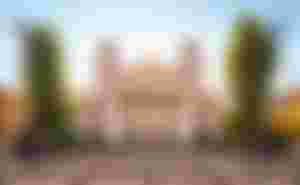
One of Bulgaria's oldest and most prestigious theaters, where you can attend theatrical performances and discover the local art scene.
By exploring these ten sites, you'll get a complete picture of Sofia's history, culture and beauty, while soaking up the vibrant atmosphere of the Bulgarian capital.
Celebrities linked to Sofia
Christo (1935-2020)

A world-famous contemporary artist, Christo is known for his monumental installations, including the Pont-Neuf wrapping in Paris and the Reichstag in Berlin. His works have redefined the notion of public art and left their mark on art history.
Julia Kristeva (born 1941)

Eminent psychoanalyst, linguist and writer, Julia Kristeva has made significant contributions to literary theory and psychoanalysis. Her work on semiotics, linguistics and psychoanalysis has influenced many intellectual fields.
Hristo Stoichkov (born 1966)

A Bulgarian soccer legend, Hristo Stoichkov was top scorer at the 1994 World Cup. He also won the Ballon d'Or in 1994 and has played for renowned clubs such as FC Barcelona.
Nina Dobrev (born 1989)

International actress, Nina Dobrev is best known for her role in the TV series "The Vampire Diaries". She has also appeared in Hollywood films and has become a Hollywood icon.
These Sofia-born personalities have left an indelible mark in fields as diverse as art, psychoanalysis, sport, entertainment and politics, contributing to the renown of their hometown and the country as a whole.
In order to conclude, if you have any ideas for improving this type of article (adding a section, for example), please let me know in the comments. Also, if there's a place in the world that you particularly like and would like me to write another article about, I invite you to submit your ideas too.
If you enjoyed reading please follow me and put a like, thank you !

